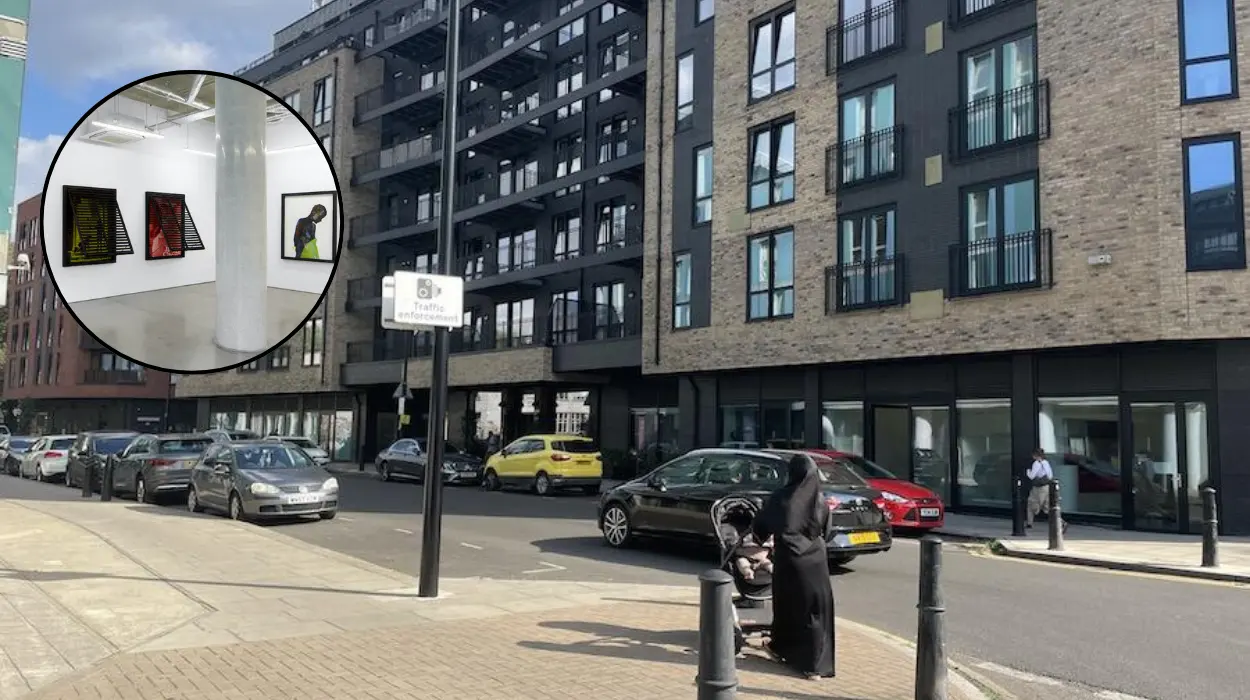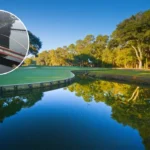Key Points
- East London gallery Project Native Informant to close after 12 years.
- Founder Stephan Tanbin Sastrawidjaja cited global economic, political and social volatility plus personal factors.
- Departure of prominent artist Joseph Yaeger last year from gallery noted.
- Gallery known for diverse and adventurous programming featuring artists like DIS, Juliana Huxtable, Sin Wai Kin, Hal Fischer.
- Founded in 2013 in a Mayfair garage before moving to Bethnal Green.
- Actively participated in major art fairs such as Frieze London, Art Basel, and Art Basel Hong Kong.
- Closure reflects broader challenges in the commercial gallery sector amid global market downturns.
What is the announcement behind Project Native Informant’s closure?
As reported by Kabir Jhala of The Art Newspaper on 31 October 2025, Project Native Informant, a well-regarded east London gallery, announced it will close after 12 years of operations. The gallery’s founder, Stephan Tanbin Sastrawidjaja, posted on Instagram that the decision to wind down the gallery was not taken lightly. He explained that the current global economic, political, and social environment has become “extremely volatile and unsustainable” for a gallery like theirs. He also admitted that personal factors contributed to the decision to close the gallery.
- Key Points
- What is the announcement behind Project Native Informant’s closure?
- What was the significance of Project Native Informant in the London art scene?
- Who was Joseph Yaeger and why was his departure significant?
- What does the founder’s background reveal about the gallery’s ethos?
- How has the closure of Project Native Informant reflected wider challenges in the art market?
- Where did Project Native Informant position itself in the art world?
What was the significance of Project Native Informant in the London art scene?
Founded in 2013 by Stephan Tanbin Sastrawidjaja, Project Native Informant started in a windowless garage in Mayfair before relocating to a larger space in Bethnal Green, East London, an area known for its contemporary galleries such as Maureen Paley, Rose Easton, and Herald Street. The gallery became known for its wide-ranging and adventurous programming that championed artists including the post-internet art collective DIS, Turner Prize nominee Sin Wai Kin, musician and artist Juliana Huxtable, and the photographer and art critic Hal Fischer. The gallery regularly participated in top-tier art fairs like Frieze London, Art Basel, and Art Basel Hong Kong, as well as innovative initiatives like the gallery swap project Condo.
Who was Joseph Yaeger and why was his departure significant?
According to Stephan Tanbin Sastrawidjaja’s public statement from April 2024, acknowledged in The Art Newspaper report, Joseph Yaeger was one of Project Native Informant’s most commercially successful artists. An American painter who graduated from the Royal College of Art in London in 2019, Yaeger quickly became one of London’s most sought-after emerging artists through his solo shows at the gallery. His psychologically complex and cinematically composed paintings earned critical and market acclaim, with a record auction sale of £203,200 for his 2021 painting Sphinx without a secret at Phillips in London in October 2024.
Sastrawidjaja expressed sadness over the end of this close collaborative relationship, while also highlighting the pride in achievements with Yaeger, including his first solo commercial and institutional exhibitions, his first institutional acquisition, and his presence at major art fairs and in a comprehensive catalogue. Yaeger signed later with Modern Art and Gladstone galleries, expanding his international profile.
What does the founder’s background reveal about the gallery’s ethos?
From an interview by Something Curated in 2019 with Stephan Tanbin Sastrawidjaja, the founder described Project Native Informant as a platform for diverse and progressive artists who respond to contemporary culture through varied media. Drawing on his own late entry into the art world—after studying literature, critical thinking, and LGBT activism—Sastrawidjaja stressed his interest in artists who engage critically with the social, economic, and institutional structures surrounding art production and dissemination.
The gallery’s name reflects a complex engagement with identity and cultural critique, consistent with the gallery’s adventurous programming that often eschewed traditional curatorial constraints or premises.
How has the closure of Project Native Informant reflected wider challenges in the art market?
The closure of Project Native Informant is part of a broader trend of difficulties facing commercial galleries amid a global downturn. As noted by Kabir Jhala, news of gallery closures has become increasingly common in 2025, suggesting a challenging climate for contemporary art spaces globally. The sustained volatility in the economic, political, and social environment makes sustaining such projects difficult.
Earlier in October 2025, noted Munich dealer Nir Altman announced the closure of his space, pointing to the broader sector’s contraction. Art market reports indicated that global art sales fell by 12% in 2024, contributing to financial pressures on dealers and galleries alike.
Where did Project Native Informant position itself in the art world?
Located in East London, Project Native Informant distinguished itself as a “curatorial office” of sorts, selectively championing innovative and critical artists through solo exhibitions and art fair presentations. The gallery’s founder emphasized a risk-taking approach, often allowing artists to shape their presentations without prescriptive expectations, reflecting a non-reductionist approach to programming.
This positions the gallery as an example of a small yet culturally significant contemporary commercial space that merged critical practice with market engagement, operating for over a decade with a commitment to artists whose work interrogates social realities.
The closure of Project Native Informant marks the end of a notable chapter in East London’s contemporary art scene. The gallery’s adventurous and inclusive programming built a reputation for supporting pioneering artists and engaging critically with the present cultural moment. Its founder Stephan Tanbin Sastrawidjaja’s announcement reflects both the precarious realities of the current global art market and personal considerations, ending a 12-year journey from a Mayfair garage to one of Bethnal Green’s influential art spaces. The departure of artists such as Joseph Yaeger underlines the competitive and shifting nature of artist-gallery relationships amid market pressures. This development contributes to ongoing discussions about the sustainability of independent art spaces in volatile times.



